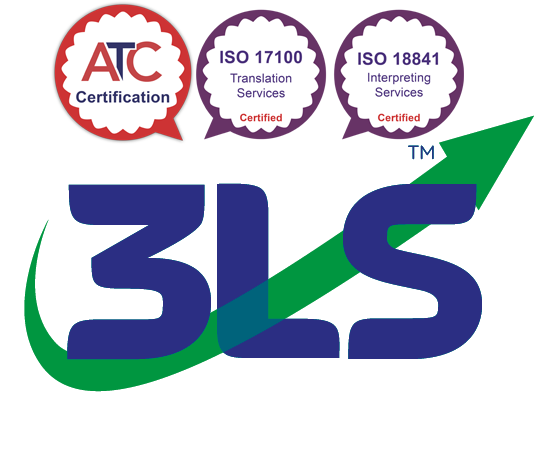
“If we put Google Translate on our new French website we could get into French markets for free!
Couldn’t we?”
Ah – it doesn’t actually work like that. In fact for marketing, it’s a terrible idea.
Let’s start with the most important bit – SEO, or Search Engine Optimisation. Most website owners want their site to be found and well-ranked by Google and Bing, achieved by having your site optimised and indexed for your key terms such as “trail bike” or “cheap shirts”.
For indexing to happen, then those terms you want indexed have to exist in the site database, in the language you want – here, French – at the time it’s crawled by the search engine.
Seems kinda obvious, right…?
But when you ask Google Translate – or Bing Translate – to translate your English pages into a French website, it only translates what’s on the screen, and only while you are on that screen. The website database itself remains in English, so the translated key terms are never found, or indexed, by Google or Bing. Your “French website” will never appear in French search results using Google Translate this way.
“Ah, we don’t care about SEO – we drive traffic in other ways. So…?”
We’re talking then about landing or other pages to which traffic is driven through AdWords or other PPC, or via ads, newsletters, emails or social media, promotions etc.
So how about using Google Translate for THOSE? Well, actually it’s STILL a terrible idea.
You’ve invested time and money in your other language PPC campaigns (lots of money – how much are the CPCs?), and your CTRs are good – visitors are looking for your product, and Google Translate is there to translate your pages for them. But your bounce rates are appalling – what’s going on?
Your “French website” visitors came to your site looking for quality content. Instead, they found simplistic error-filled text that may bear little relation to your product – because while Bing and Google Translate are improving, their output is FAR from the quality that customer-facing content must have if it is to engage with prospects and drive those enquiries.
There’s another point to consider too, if like many companies you’ve hired professional copywriters or marketing to generate your website content. That isn’t cheap – and all wasted when the content is rendered poorly into your target languages.
And one more point. In today’s connected social media world, people love sharing amusing content – especially unintentional. Blowing your credibility has never been easier…
“So I’m no further forward with our French website then…?”
Sorry – there’s no such thing as a free lunch, and there’s no such thing as a free French website! If you’re serious about having a French website then you need to put in the same commitment as the original English one – you need to get your content professionally translated, by translators who really understand your sector and product, and who also understand the “under the bonnet” stuff on websites – alt and meta texts, links, and SEO aspects, for example. We’d be happy to help – and we write and maintain THIS website, so we know what we’re doing.
“We actually want the French website to LOOK like it belongs to a French company…”
Good for you! That’s a great approach.
But in that case – domain questions aside – you really need to get actual French designers involved. A French website has a very different look and “feel” to UK ones – in just the same way as French newspapers or magazines have “styles” very different to those here. We work closely with an excellent French marketing company who are well placed to assist as well as cost-effective, so drop us a line!
That’s all for now – we hope this has been useful, and if you’d like your own French website – or one in any other language – we’re here to help.

